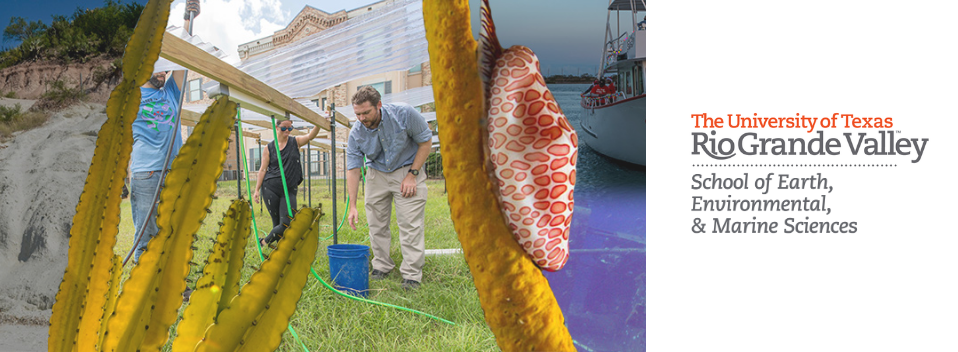
School of Earth, Environmental, & Marine Sciences Faculty Publications
Document Type
Article
Publication Date
2012
Abstract
Bacterial interactions with eukaryotic hosts are complex processes which vary from pathogenic to mutualistic. Identification of bacterial genes differentially expressed in the host, promises to unravel molecular mechanisms driving and maintaining such interactions. Several techniques have been developed in the past 20 years to investigate bacterial gene expression within their hosts. The most commonly used techniques include in-vivo expression technology, signature-tagged mutagenesis, differential fluorescence induction, and cDNA microarrays. However, the limitations of these techniques in analyzing bacterial in-vivo gene expression indicate the need to develop alternative tools. With many advantages over the other methods for analyzing bacterial in-vivo gene expression, selective capture of transcribed sequences (SCOTS) technique has the prospect of becoming an elegant tool for discovery of genes involved in the bacterium-host interaction. Here, we summarize the advances in SCOTS technique, including its current and potential applications in bacterial gene expression studies under a variety of conditions from in-vitro to in-vivo and from mammals to insects.
Recommended Citation
An, R., & Grewal, P. S. (2012). Selective Capture of Transcribed Sequences: A Promising Approach for Investigating Bacterium-Insect Interactions. Insects, 3(1), 295–306. https://doi.org/10.3390/insects3010295
Creative Commons License

This work is licensed under a Creative Commons Attribution 3.0 License.
Publication Title
Insects
DOI
10.3390/insects3010295

